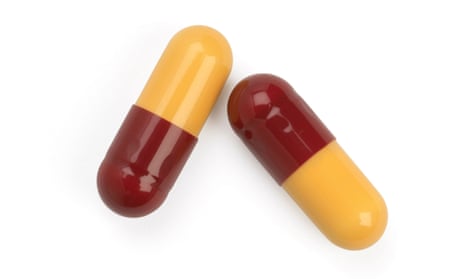We are concerned that the headline on your article (Kidney drug ‘may do more harm than good’, say experts, 25 November) is misleading and could result in kidney patients stopping taking their medicines. When your kidneys do not work properly, dangerous levels of chemicals like potassium or phosphate can build up in your body. People who have kidney disease are usually given dietary advice as to how to help restrict their intake alongside medicines that bind these chemicals so that they can be excreted; and there is clear evidence that phosphate binders reduce levels of phosphate. Diet alone is not usually enough to reduce these levels, so medicines to help do this are important as without them levels could become too high and result in an increased chance of death.
Nobody should stop taking their medicines after reading this article. If any of your readers are concerned then they need to speak to their doctor about the best ways to reduce phosphate in their diet in combination with taking the right phosphate binder for them and if they should swap to a calcium-free version. Undoubtedly more research is required because evidence in this area is changing all the time and what patients need is clear, simple guidance that they know they can trust – not misleading and potentially dangerous headlines.
Fiona Loud
Director of policy, Kidney Care UK
Join the debate – email guardian.letters@theguardian.com
